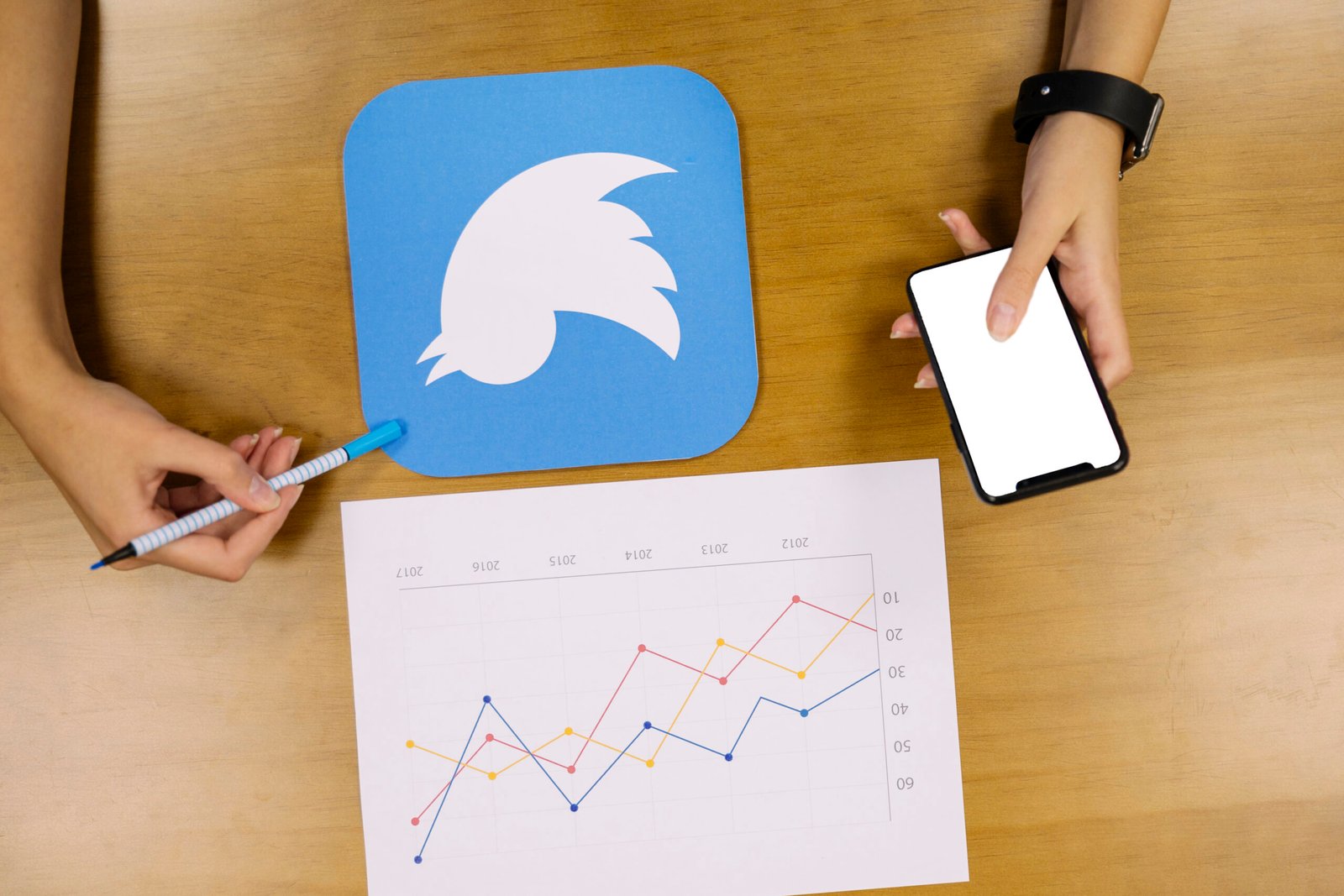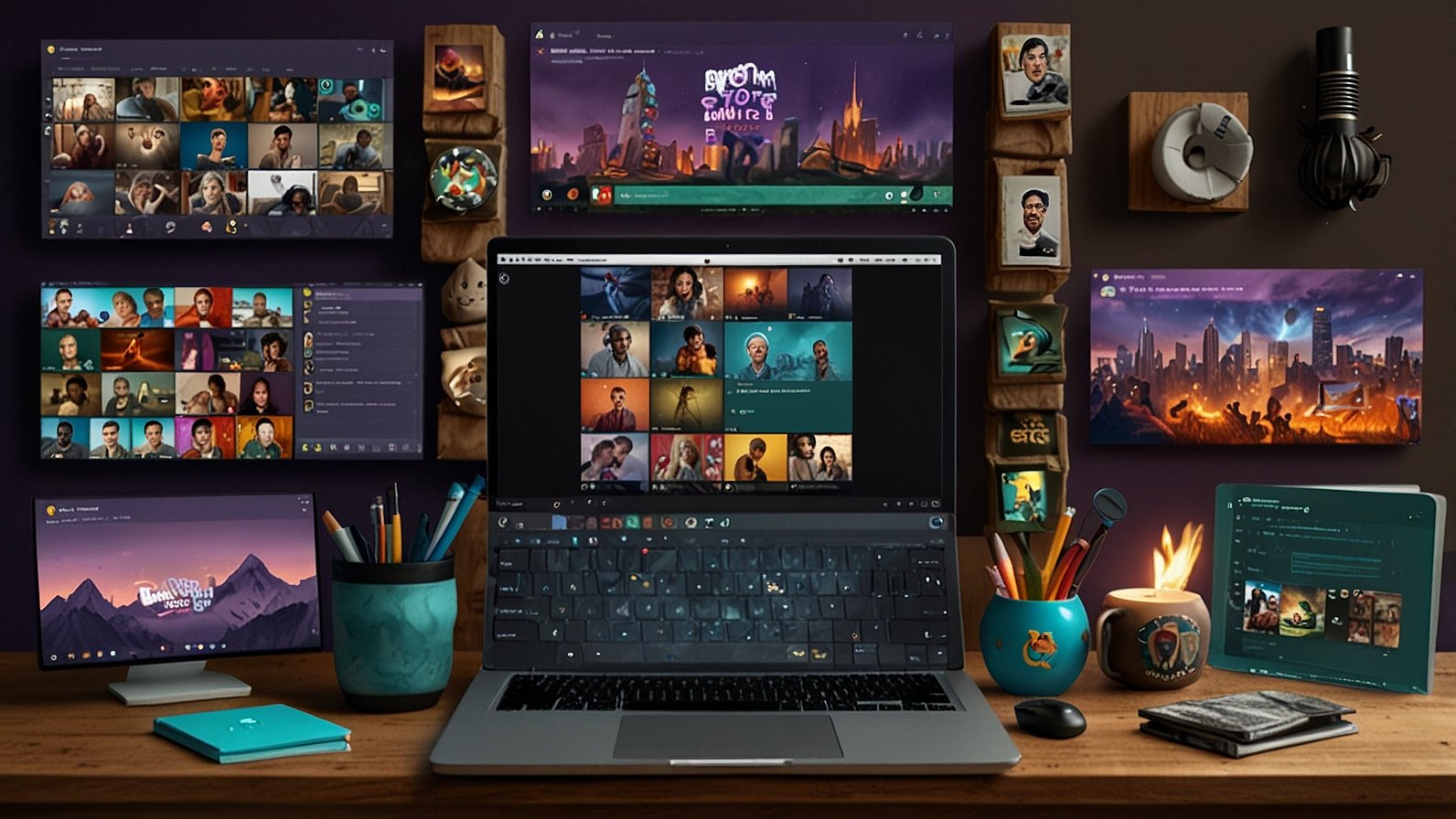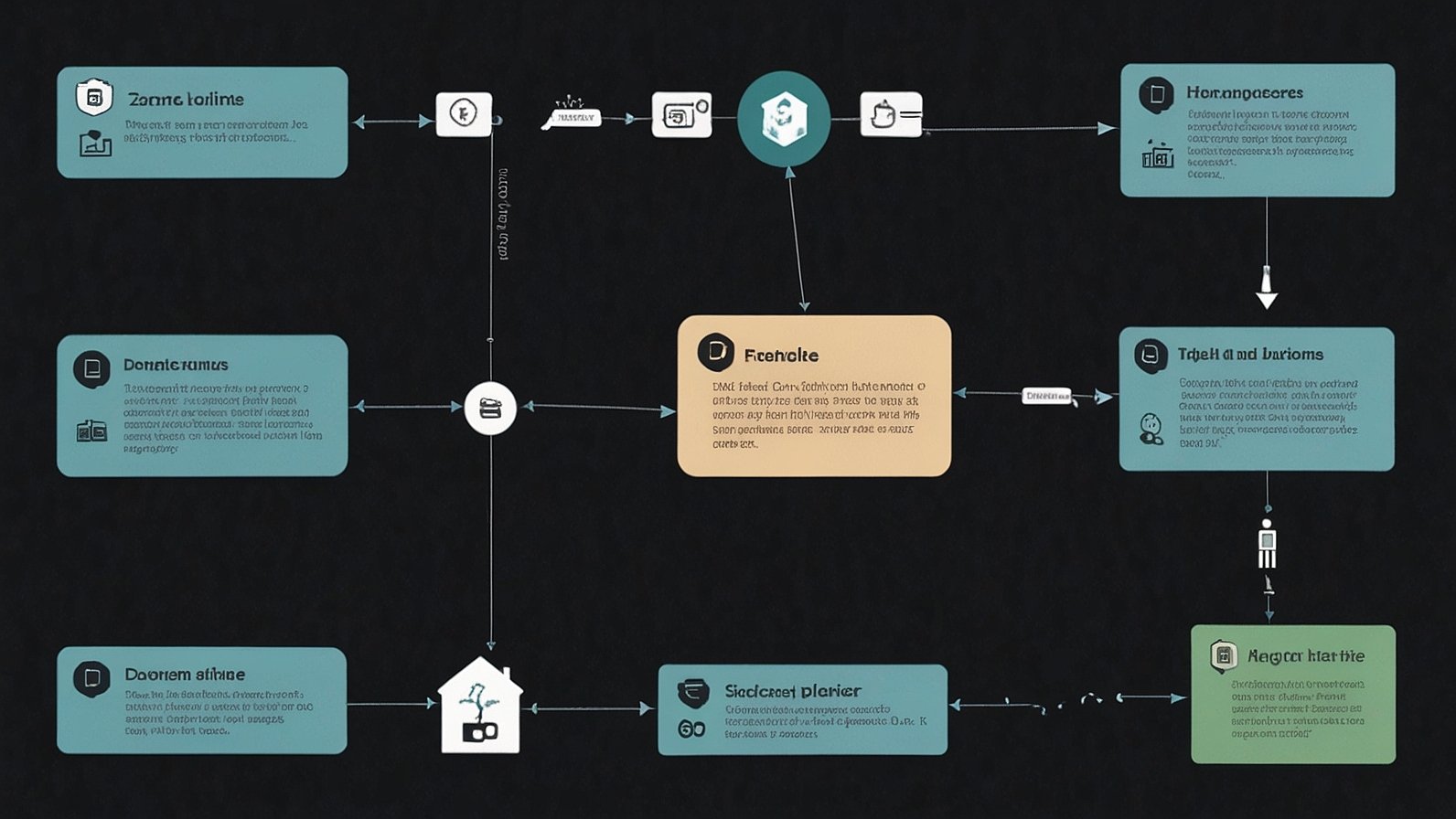Okay, let’s be real for a second. How many times have you scrolled through Twitter (yeah, I know, X… but old habits die hard, right?) and stumbled upon a video you desperately wanted to save? Maybe it was a hilarious meme, a crucial tutorial, or breaking news footage you knew might vanish. Your fingers probably itched to type “twitter video downloader” into a search engine. Join the club. Millions do it daily. But here’s the million-dollar question, the elephant in the digital room: Is downloading Twitter videos actually okay? Spoiler alert: It’s a legal and ethical minefield, far murkier than most users realize.
Think about it. That viral clip, that insightful interview snippet, that breathtaking timelapse – it wasn’t just floating in the ether. Someone created it. Someone owns it. And Twitter’s entire platform operates on a complex set of rules governing who gets to do what with that content. Grabbing videos willy-nilly with third-party downloaders? Well, that often stomps all over those rules and potentially, the law. Let’s peel back the layers on this deceptively simple tool.
What Exactly Is a Twitter Video Downloader? (And How Does It Work?)
At its core, a Twitter video downloader is a tool – usually a website or sometimes browser extension or app – designed to do one thing: extract the video file from a Twitter/X tweet and let you save it directly to your device. Forget screen recording fuzziness or frantic note-taking; these tools aim for the source.
The basic mechanics are usually straightforward:
- You Find: You spot a video on Twitter/X you want to keep.
- You Copy: You grab the URL (web address) of the specific tweet containing that video.
- You Paste: You head to a downloader site/app, paste that URL into a designated box.
- You Extract: The tool works its (often mysterious) backend magic, locating the actual video file hosted on Twitter’s servers.
- You Download: The tool presents you with a download link, usually offering different quality/resolution options if available. Click, save, done.
Sounds harmless, right? Just a bit of digital convenience? If only it were that simple. The how is technically simple; the whether you should is where things get seriously complicated.
The Allure: Why People Reach for Downloaders
Let’s not demonize the desire. There are understandable, even legitimate, reasons why folks use these tools:
- Offline Viewing: Spotty internet? Long flight? Saving data? Downloading lets you watch later, anytime, anywhere, without needing a connection. Super practical.
- Preserving Fleeting Content: Tweets disappear. Accounts get suspended or deleted. That crucial public service announcement, historical footage, or ephemeral art piece? Downloading feels like archiving it “just in case.”
- Creating Compilations/References: Maybe you’re a researcher collecting examples, a student referencing material for a project (carefully!), or a content creator wanting to react to or critique a specific video (within fair use boundaries… maybe).
- Sharing Beyond Twitter: Want to show the video to someone who isn’t on Twitter? Or embed it in a presentation? Downloading seems like the easiest path.
- Avoiding Platform Glitches: Ever had a video buffer endlessly? Downloading guarantees smooth playback.
The underlying theme? Control. Users want control over how and when they access content they’ve discovered. The frictionless nature of the web makes grabbing it feel intuitive, almost expected.
The Crunch: Twitter’s Rules & The Legal Quagmire
Here’s where the sunny convenience narrative hits a brick wall. Twitter’s Terms of Service (ToS) are crystal clear on this point. Let me paraphrase the relevant bits (though you should read them yourself):
You may not… circumvent, disable, fraudulently engage with, or otherwise interfere with the Service (or attempt to do any of these things)… or access, download, or use non-public areas of the Service.
Translation? Using third-party tools specifically designed to extract and download content that Twitter doesn’t explicitly provide a “Download” button for? Yeah, that’s pretty much the definition of “circumventing” their service. It’s a direct violation of the contract you agreed to when you signed up.
But it gets thornier. Copyright law enters the chat.
- Who Owns the Video? Almost always, the creator does. Just because they posted it publicly on Twitter doesn’t mean they surrendered their copyright. Posting grants Twitter a license to display it on their platform, under their rules. It doesn’t grant you a license to download and keep a copy.
- Infringement Risk: Downloading a video without the copyright holder’s permission is, technically, copyright infringement. It’s making an unauthorized copy. While personal use might fly under the radar (emphasis on might), it’s still legally shaky ground.
- Fair Use? Maybe… Sometimes… It’s Complicated. “Fair use” is a legal doctrine allowing limited use of copyrighted material without permission for purposes like criticism, comment, news reporting, teaching, or research. Key word: Limited. Downloading an entire video just to have it, especially if you don’t transform it or use it for one of those specific purposes, rarely qualifies as fair use. Claiming “fair use” is a defense, not a free pass, and it’s determined case-by-case in court – a risk most individuals don’t want to take.
Ethical considerations pile on:
- Respecting Creator Intent: Did the creator want their video downloaded and shared offline? Maybe not. They might have posted it solely for the Twitter audience or ecosystem.
- Privacy Violations: What if the video contains private individuals who didn’t consent to widespread downloading and redistribution? Downloading tools make it easy to spread content far beyond its intended context.
- Undermining the Platform: Twitter (like all social media) relies on engagement happening on its platform. Downloaders siphon off that engagement. While users might not care about Twitter’s bottom line, it contributes to the ecosystem’s health (or lack thereof).
Twitter Video Downloaders: Risks vs. Perceived Benefits
Let’s break this down visually:
| Consideration | Perceived Benefit/Rationale | Actual Risk/Reality Check |
|---|---|---|
| Convenience | Easy offline access, saves data, avoids buffering. | High: Tools are indeed simple and fast. |
| Content Saving | Preserves videos that might disappear (deleted tweets/accounts). | Moderate: Legitimate for truly ephemeral public interest content, risky otherwise. |
| Accessibility | Share videos with non-Twitter users or embed elsewhere. | High: Achieves the goal, but often violates ToS and copyright. |
| Platform Rules | “Everyone does it,” “It’s just for me,” “Twitter won’t care.” | Very High: Clear violation of Twitter’s Terms of Service. Risk of account penalties. |
| Copyright Law | “It’s public!” or “Fair use!” (often misunderstood). | Very High: Unauthorized copying = infringement. Fair use is narrow and legally risky. |
| Creator Rights | Rarely considered. | High: Disrespects ownership and potential wishes of the creator. |
| Privacy | Often overlooked. | Moderate-High: Potential to spread private/sensitive content beyond intended scope. |
The stark truth? The convenience comes bundled with significant legal exposure and ethical compromises. That “free” download might carry a hidden cost.
What Could Actually Happen? (It’s Not Just Theory)
“Come on,” you might think, “is Twitter really going to come after me for downloading one silly video?” Probably not directly. But the risks aren’t zero, and consequences do happen, especially for larger-scale or blatant misuse:
- Account Suspension/Restriction: Twitter can and does suspend or limit accounts caught violating their ToS, including through the use of automation (which many downloaders rely on). It might start with a warning or temporary lock.
- Copyright Takedown Notices (DMCA): If the copyright holder discovers their video was downloaded and potentially redistributed without permission, they can send a DMCA takedown notice. If you uploaded it elsewhere (like YouTube or your own site), your content gets removed. Repeat offenses can get your accounts banned on those platforms too.
- Legal Action (Less Common, But Possible): While suing an individual for downloading a single video is rare, it’s not impossible, especially for high-value commercial content or systematic downloading. For businesses or influencers, the risk is higher.
- Malware & Privacy Nightmares: Let’s not forget the other risk. Many free downloader sites are sketchy. They are riddled with intrusive ads, might try to trick you into installing malware-laden “downloaders,” or could even harvest the data (like the URLs you paste, or your IP address). You’re trading your security for convenience.
Navigating the Gray: Are There Ever Legitimate Uses?
This is where nuance is crucial. The act of downloading itself is generally against the rules and legally dubious. However, the context and purpose can sometimes tilt the ethical scales, even if the legal risk remains:
- Archiving Public Interest Content: Downloading footage of a significant news event, government announcement, or historical moment that is at high risk of being removed (not just any tweet) for genuine archival/preservation purposes feels ethically different than grabbing the latest celebrity gossip clip. The legal risk doesn’t vanish, but the public value argument is stronger.
- Accessibility Needs: Downloading a video to use with assistive technology offline might be argued under accessibility provisions, though this is still legally untested ground in this specific context.
- Critique, Commentary, or Education: If you are downloading a portion of a video specifically to analyze, critique, report on, or teach about it within a transformative work (and you properly attribute the source!), this might fall under fair use. Downloading the entire video undermines this argument significantly. Proceed with extreme caution and legal advice if this is your goal.
Crucially: Even in these grayer areas, you are still violating Twitter’s Terms of Service. You are taking a calculated risk.
What Should You Do Instead? (The Ethical Alternatives)
So, you really need that video? Before jumping to a downloader, consider these safer paths:
- Ask the Creator! Seriously. Find the original poster and politely request permission to download or use their video. Many creators are flattered and will say yes, especially if you explain your purpose clearly. Get it in writing (a DM reply works).
- Look for Official Download Options: Does the tweet already have a download button? Some creators enable this feature. If it’s there, use it! That’s Twitter-sanctioned.
- Use Twitter’s Built-in Bookmarks: Want to watch it later on Twitter? Use the bookmark feature. It saves the tweet for easy access within the platform.
- Screen Recording (Use Sparingly & Ethically): While also potentially infringing copyright if redistributed, screen recording a video for strictly personal, offline viewing is generally seen as less ethically problematic than using a downloader (which directly circumvents platform security). It doesn’t violate Twitter’s ToS in the same explicit way. Never redistribute or publish screen recordings without explicit permission. The quality is also lower.
- Seek the Source: Often, videos on Twitter originate elsewhere (YouTube, Vimeo, a news site). Try to find the original source, which might have its own legal download or sharing options.
- Respect the “No”: If you can’t get permission, the ethical choice is often to let it go. Respect the creator’s control over their work.
The Bottom Line: Convenience Isn’t King
The siren song of the Twitter video downloader is powerful. It promises instant gratification, control, and preservation with just a few clicks. But beneath that shiny surface lurk serious legal pitfalls, ethical quandaries, and platform violations.
As someone who’s spent years navigating the messy intersection of content, copyright, and the web, here’s my frank take: The vast majority of Twitter video downloading via third-party tools is a legally risky and ethically questionable shortcut. It prioritizes user convenience over creator rights and platform integrity. While the chances of facing severe consequences for grabbing a single meme might be low, normalizing this behavior erodes respect for intellectual property and the rules that (imperfectly) govern our online spaces.
Technology makes copying effortless. Ethics and the law remind us that just because we can, doesn’t mean we should. Next time you’re tempted, pause. Consider who made that video. Consider the rules. Ask yourself: Is this download worth the potential cost, both legally and to the broader digital ecosystem?
The most powerful tool you have might just be the restraint not to click “download.”
FAQS:
- Is using a Twitter video downloader illegal?
- Technically, often yes. Downloading copyrighted videos without permission infringes copyright. It also always violates Twitter’s Terms of Service. While individual prosecution is rare, it’s a legal violation. Think of it like jaywalking – common, but still against the rules with potential consequences.
- Can I get banned from Twitter for using a downloader?
- Absolutely yes. Twitter explicitly forbids circumventing their service, which includes using unauthorized tools to download content. While they might not catch everyone, accounts can and have been suspended or restricted for ToS violations related to automation or scraping, which many downloaders use.
- What about “fair use”? Doesn’t that protect me?
- Rarely, and it’s complicated. Fair use is a specific legal defense for limited use (criticism, commentary, news, teaching, research). Simply downloading an entire video to keep for yourself almost never qualifies. Claiming fair use is something you’d argue in court if sued – not a reliable shield for casual downloading. Don’t bet on it.
- Are all Twitter video downloader websites unsafe?
- Many are risky. Free downloader sites are notorious for intrusive ads, misleading download buttons (leading to malware), and potential data tracking. They operate in a legally gray area and often prioritize profit over user safety. Exercise extreme caution; your antivirus isn’t foolproof.
- What’s the safest way to save a Twitter video if I really need to?
- Ask the creator for permission first. If that’s impossible and it’s truly crucial (e.g., archiving significant public interest content at risk of deletion), screen recording for strictly personal offline use is generally seen as less problematic ethically than using a circumvention tool, though copyright risks remain. Never redistribute. Consider it a last resort.
- Does Twitter know if I use a downloader?
- They likely can detect patterns. While they might not track every single download by an individual, large-scale use or specific detection methods (like identifying traffic from known downloader IPs or unusual API calls) can raise red flags. Assume they could know.
- What about downloading my own videos from Twitter?
- Technically, you should be able to! However, Twitter doesn’t always make it easy. Your best bet is to use Twitter’s official methods if available (like the download button enabled on your own tweet), or request your Twitter data archive, which should include your media. Using third-party downloaders for your own stuff is less risky legally but still violates the ToS unnecessarily.
YOU MAY ALSO LIKE: The SSSX Downloader: Your Instant Ticket to Saving X Videos











